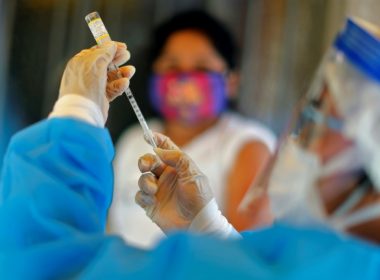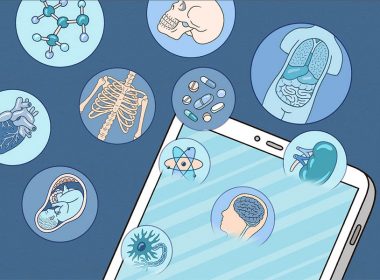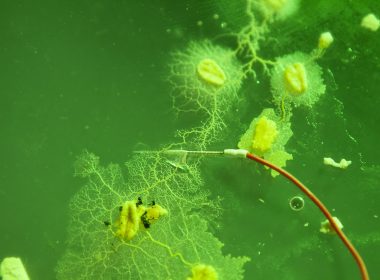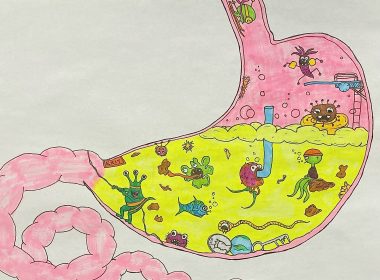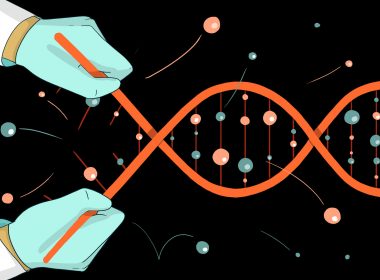Vaccination is arguably the most successful public health tool ever developed, virtually eliminating diseases like smallpox and polio from the viral landscape. The current COVID-19 public health crisis has pushed vaccine research efforts into overdrive, as scientists race to find multiple different formulas to grant the world immunity. However, the[Read More…]
Science & Technology
The latest in science and technology.
The mental gymnastics of mid-semester motivation
McGill students are tired. Slouching into the tenth week of online classes in tandem with the flurry of midterm essays and assignments, many students are struggling to maintain their academic motivation amid the COVID-19 pandemic, and it shows. Motivation is the process that initiates and maintains goal-oriented behaviours. There are[Read More…]
An update on the GNL Quebec-Saguenay pipeline project
Environmental degradation, loss of endangered species, increases in greenhouse gas emissions—these are just some of the negative effects that the GNL Québec-Gazoduq Énergie Saguenay Project is predicted to have on Canada’s natural environment. The project, which proposes the construction of a 782-kilometre pipeline to carry natural gas from Northern Ontario[Read More…]
Takeaways from the 20th annual Trottier Public Science Symposium
Oct. 26 marked the second day of the 20th annual Trottier Public Science Symposium, hosted by the McGill Office for Science and Society (OSS). Scientists presented talks on a variety of topics of public interest, all within the scope of this year’s theme: “In Whom Do We Trust?” How we[Read More…]
At the convergence of art and science, ecology becomes an experience
On Oct. 29, The Convergence Initiative hosted their popular Sci-Art/Art-Sci event, a webinar about the work of scientists, artists, and researchers at the intersection of science, art, and communication. Matthew Halpenny, an interdisciplinary artist and member of the Montreal collective Somme, led the event with his talk titled “Ecologies of Experience:[Read More…]
Following gut instinct to reimagine digestive health in the digital age
Digital technology has advanced more rapidly than any other innovation in human history. Many aspects of daily life have already shifted online, and with the advent of wearable fitness tracking technology, it is not hard to imagine a future where access to all types of health care is possible with[Read More…]
Exploring the linguistic mosaics of Montreal bilingual speakers
Montreal is a one-of-a-kind city for several reasons: It has a vibrant nightlife, an incredibly rich history, and an amalgamation of diverse cultures. Yet, nothing in Montreal is as iconic as the role of language in shaping the city’s unique culture. As most Montrealers speak both French and English, casual[Read More…]
CRISPR-Cas9: The gene editing tool that has revolutionized molecular biology
It all began with bacteria: The observation and study of these single-celled organisms in the early 1980s allowed scientists to get a glimpse of the bacterial genome. In bacterial DNA, researchers found a class of repetitive nucleotide sequences, which they called Clusters of Regularly Interspaced Short Palindromic Repeats, or CRISPR.[Read More…]
The Tribune’s declassified pumpkin disposal guide
Every year in early October grocery stores across Montreal, much like the rest of North America, place large bins full of bright orange pumpkins outside their shops, and every year customers buy them all up. The market for pumpkins and pumpkin-related activities, like hayrides and farm visits, has grown in[Read More…]
Exoplanets provide clues to extraterrestrial life and Earth’s history
Earth-like planets beyond this solar system, also known as exoplanets, are a popular target of research in the search for extraterrestrial life forms. However, the evolutionary processes that give rise to life depend heavily on the physical and chemical characteristics of habitable environments. The role of climate in shaping the[Read More…]
